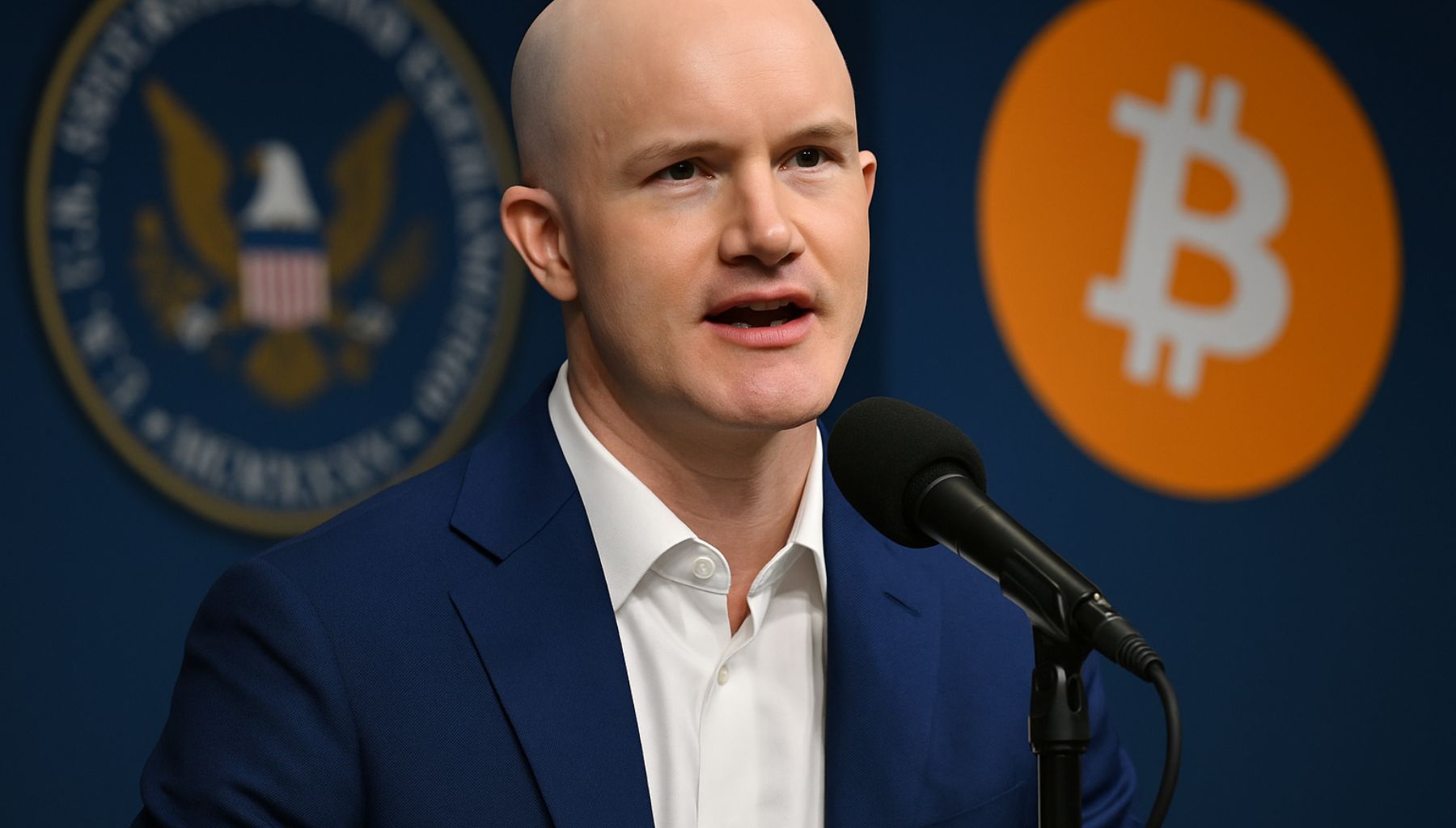Nigeria Embraces Stablecoins: A New Era for Financial Inclusion
In a significant policy shift, Nigeria’s Securities and Exchange Commission (SEC) has unveiled plans to officially recognize and accept stablecoins, subject to adherence to local regulations. This initiative is championed by SEC Director General Emomotimi Agama, who emphasizes the need for market protection and empowerment of its citizens.
Transforming Financial Accessibility
The acceptance of stablecoins evokes a transformative potential for the approximately 70 million Nigerians who face barriers in accessing traditional banking services. Stablecoins, which are typically pegged to stable currencies like the US dollar, provide a more reliable and less volatile alternative to conventional cryptocurrencies. This stability can be vital for individuals with limited income, allowing them to partake in the digital economy without the fear of significant price fluctuations.
Regulation as a Balancing Act
This revised stance on digital currencies represents a marked change from Nigeria’s previously stringent approach toward online platforms, such as Binance. By fostering a balanced regulatory environment, Nigeria aims to encourage innovation in financial technology while minimizing market risks, as reported by Coin Telegraph.
Lagos: A Future Hub for Stablecoins
Looking ahead, Agama envisions Lagos evolving into a central hub for stablecoin transactions within the Global South. This development could facilitate cross-border financial activities across Africa, potentially linking cities from Dakar to Dar es Salaam within the next five years.
Importance of the Initiative
Nigeria’s proactive approach illustrates a growing recognition of the potential benefits of cryptocurrencies and stablecoins in enhancing financial inclusion. By allowing regulated stablecoin providers into the market, Nigeria is taking significant strides towards creating an inclusive financial landscape that can empower its citizens economically.



